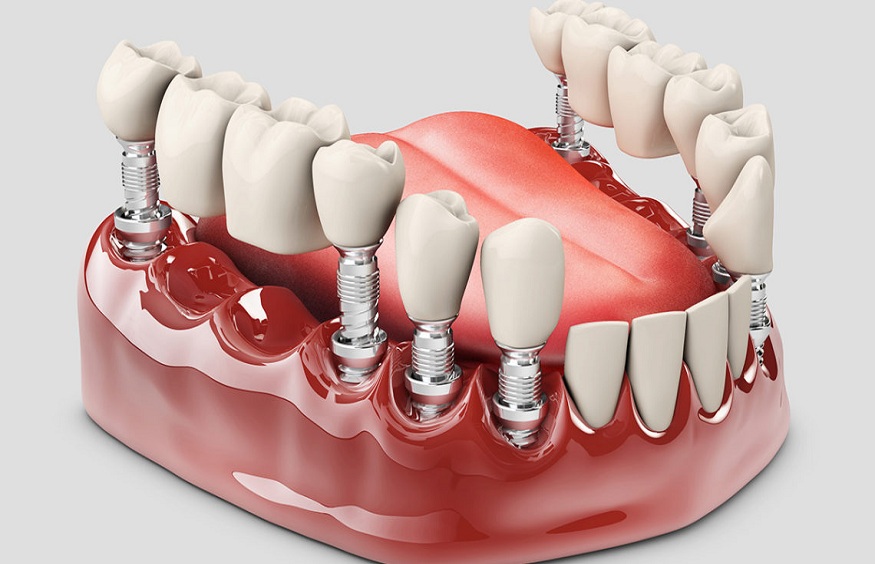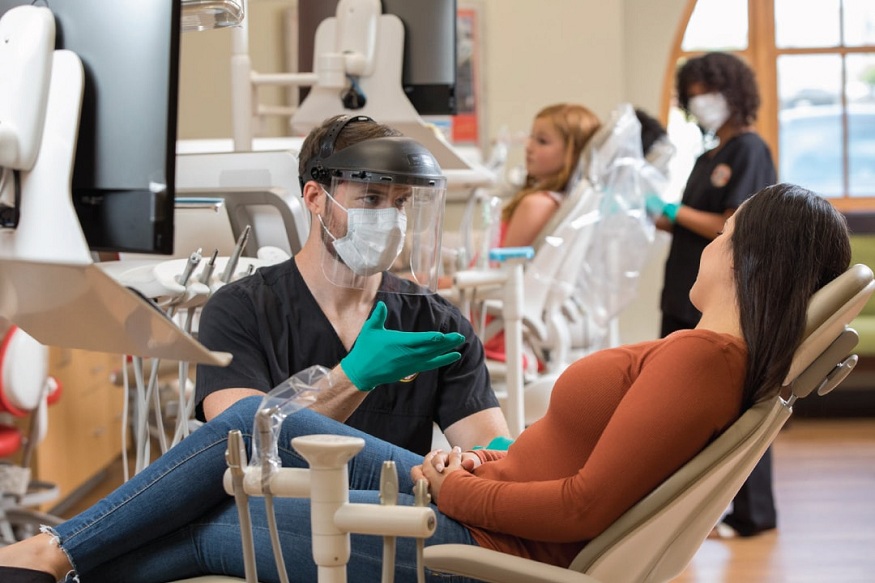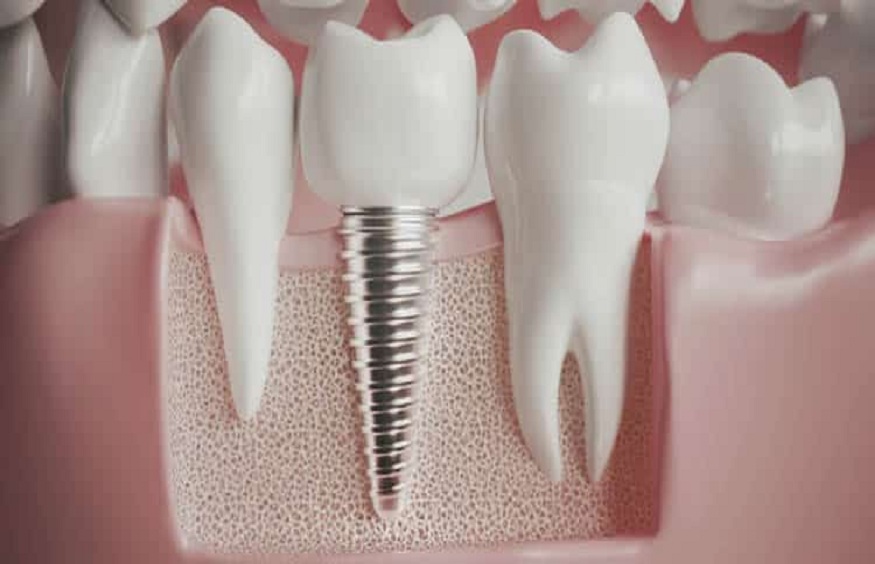Losing a tooth may be a life-changing experience, whether your smile, oral health, or daily activities suffer. The right kind of replacement is necessary, and dentures are one of the most common options. Yet, knowing which works best for you is necessary with all the different kinds of dentures and options. For anybody looking to get dentures, starting with a family dentist in Grand Valley could be the ideal match for your dental needs.
Denture Types
1. Complete Dentures
Complete dentures are advisable for those who have lost all their teeth, either in the upper or lower jaw or even in both jaws.
Advantages:
They are inexpensive and not intrusive.
They significantly boost your ability to masticate and articulate.
Things to Consider:
Some people don’t feel as secure as other options, such as implants.
Your gums will shift over time, so you must adjust to fit properly.
2. Partial Dentures
If you still have some of your natural teeth, you would likely do well with partial dentures. These comprise a gum-colored base with artificial teeth attached to your remaining teeth via clasps or precise fittings.
Advantages:
They support the retention of your natural teeth.
Things to Consider:
The clasps that hold them in can sometimes be noticeable.
Proper care is essential to keep your natural teeth and gums healthy.
3. Implant-Supported Dentures
They combine the best of both worlds, using dental implants surgically placed in your jawbone to anchor the dentures securely.
Advantages:
They offer superior stability and functionality.
They help keep your jawbone healthy by encouraging natural bone growth.
Things to Consider:
They are more expensive and require surgery.
You will need some time to heal before everything feels and functions normally.
4. Immediate Dentures
This option involves dentures after an extraction procedure, in which all the teeth are removed from your mouth. This means that you will not have to wait for your gums to heal, but these are typically provisional measures, so expect a little adjustment as you begin the healing process.
Advantages:
You get your look and functionality within no time.
They also allow your gums to heal while you are wearing them.
Things to Consider:
You may need to have them adjusted often.
Denture Alternatives
1. Dental Implants
Dental implants can be the best option if you want a more permanent solution. A titanium post acts as a strong root for a crown that resembles a natural tooth and is surgically placed into your jawbone.
Advantages:
Their resemblance to the texture and appearance of natural teeth is exquisite.
They can prevent the deterioration of your jawbone.
Things to Consider:
They usually need surgery and are costly.
They may not be perfect for everyone, especially those with certain medical disorders or low jawbone density.
2. Dental Bridges
A dental bridge would be appropriate if one lacks a few teeth since these apply to neighboring teeth for support and fill the gaps amicably.
Advantages:
The benefit of a Dental Bridge is that it is stronger and less expensive than implants.
Things to Consider:
To work with neighboring healthy teeth support, the healthy teeth on either side are reshaped to allow them to do that task.
Conclusion
Your budget, missing teeth, and general dental health will determine the best tooth replacement option.
A family dentist would give a proper assessment to recommend the best solution for your problem. Whether you prefer versatility with dentures or lasting benefits with implants, you can smile assuredly and function well with professional guidance. The right dental solution enhances oral health and improves the general quality of life.





